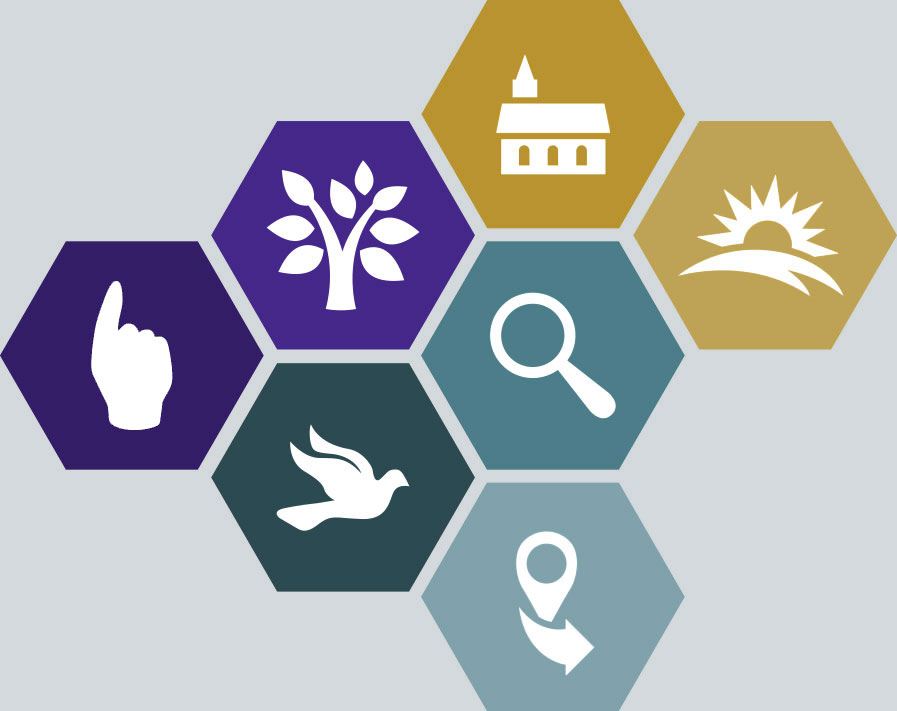Nurturing Truth & Confronting Lies
The Lies We Carry With Us

The Lies We Carry With Us
None of us are immune to the effect of Satan’s lies. As we seek to serve vulnerable communities, we bring our own beliefs about poor people, what they need, and how to help them. Some are helpful, but some undermine the very changes we so long for. Here are a few common lies:
- Poor people desperately need stuff. It is heartbreaking to visit families who don’t have clean water or enough food for their children. Our instant response is to want to give things. God has given us more than enough, and we can clearly see how much they don’t have. So we are quick to jump in to provide those resources, believing they will solve the problem. However, God has not forgotten and neglected the poor; He gives them creation, strong relationships, skills, and—always—Himself, a loving and powerful God. What poor people so often need is the ability to see all their resources and the skills to utilize them. Yet we are too often blinded by the same lie—we see the needs but not the abundance of God’s provision. When we give handouts, we end up reinforcing their own beliefs that they have nothing and can do nothing.
- Projects—big projects—are the answer to poverty. Faced with overwhelming problems, it seems obvious that we need many large projects if we are ever going to make a difference. There seems to be an endless demand for water systems, schools, agriculture and microloan programs… The problem is that big projects aren’t working. Billions of dollars and millions of expert hours have been poured into big projects in the least-developed countries over the past 50 years or so. Yet the vast majority of these nations have actually gotten poorer. Clearly we are missing something. We need to take a step back and consider God’s answer to poverty. He makes it clear throughout scripture what is required to experience His blessings: obedience. If obedience is needed, then wholistic discipleship—teaching people how to walk in obedience to God in all areas of life—is the way forward.
- Churches are broken. As Westerners, we see that many Majority World churches are struggling. Their buildings are falling down, they have little understanding of the Bible, they are entangled in baffling church politics… And so we throw up our hands and find ways to work around the church or to give them a minor role that is unlikely to hinder our plans and progress. Yet the Bible tells us that the Church is Christ’s bride and body, His chosen instrument for building His Kingdom. As broken as churches may be (including our own), our response should be to seek their healing, not to write them off. The truth is, healed and discipled churches are able to completely transform their communities—indeed, they have already done so in about 1,000 communities.
- The poor lack knowledge and resources, and therefore cannot help themselves. While it’s true that the people we seek to serve often have less education and fewer resources than we do, we need to be careful not to define their potential in human terms. Like us, they are created in the image of God, with creativity and problem-solving ability. Most of all, they serve a God who is able to give guidance and insight.
About five years after Truth Centered Transformation was launched, the first forty communities declared they had moved out of poverty. It caught even the program leaders by surprise. While they had challenged the churches to do small things—like pick up litter and help harvest crops for sick people—they didn’t quite anticipate that the churches would do bigger and bigger projects (all with no outside resources). Eventually, communities were creating roads, buying ultrasound machines and cars, putting up houses and schools, and even designing and building their own suspension bridges, which—given that none of them had attended school past third grade—was a bit of a miracle. The churches’ sacrificial efforts to accomplish these things caused whole communities to see Christianity in a different light. God received glory, churches were strengthened, and many people gave their lives to Christ. It’s a powerful reminder that, by His power and grace, poor people are capable of much.
- God is very interested in the lives of the vulnerable, but very removed. He sent me instead. None of us consciously think we are God’s stand-ins. But do we point people to God to meet their needs? Do we challenge them to pray, expecting Him to give them solutions to problems? Do we believe He will do miracles? When we see ourselves as the way that God is involved with a poor community, we cut off those we are working with from the only real hope—God.
These are just a few examples of the lies we believe that can keep vulnerable people locked in poverty. Often our beliefs only serve to affirm the lies of the poor. We need to keep learning, keep digging into our Bibles, keep asking God to teach us, and keep our minds open to what He might say.



